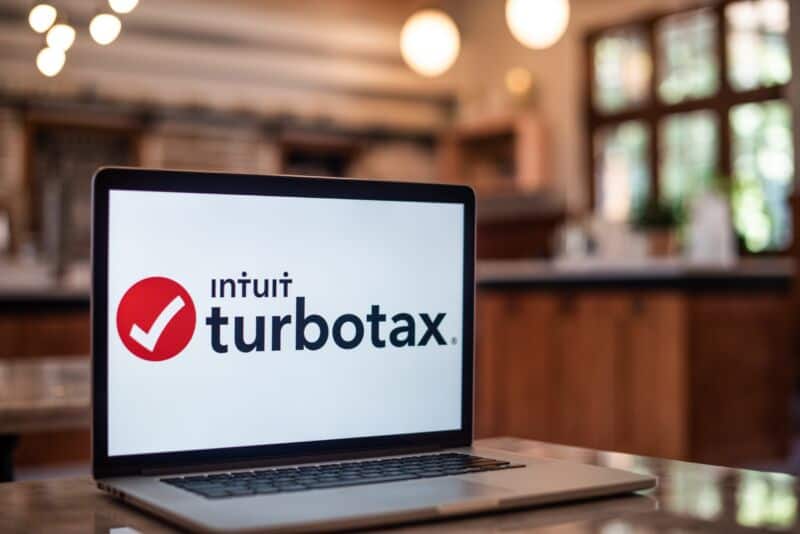The Federal Trade Commission yesterday ruled that TurboTax maker Intuit violated US law with deceptive advertising and ordered the company to stop telling consumers that TurboTax is free without more obvious disclaimers. Intuit “engaged in deceptive advertising in violation of the FTC Act and deceived consumers when it ran ads for ‘free’ tax products and services for which many consumers were ineligible,” the FTC said in an announcement of its decision.
FTC commissioners voted 3–0 to issue a final order that upholds a September 2023 ruling against Intuit by the FTC’s chief administrative law judge.
“The Commission’s Final Order prohibits Intuit from advertising or marketing that any good or service is free unless it is free for all consumers or it discloses clearly and conspicuously and in close proximity to the ‘free’ claim the percentage of taxpayers or consumers that qualify for the free product or service. Alternatively, if the good or service is not free for a majority of consumers, it could disclose that a majority of consumers do not qualify,” the FTC said.
Intuit must “disclose clearly and conspicuously all the terms, conditions, and obligations that are required in order to obtain the ‘free’ good or service,” the FTC said. For ads in which there isn’t enough space to include all terms and conditions, Intuit “must disclose either that a majority of consumers do not qualify for free (if true) or the percentage that do as well as provide a link in such space-constrained online ads that details all the terms and conditions.”
Intuit says it will beat FTC in court
Intuit has repeatedly criticized the FTC’s administrative process, in which FTC officials rule on complaints filed by the FTC itself. The software company will appeal yesterday’s ruling to a federal court of appeals, Intuit said.
“Commissioners for the US Federal Trade Commission (FTC) unsurprisingly announced that they have ruled in favor of themselves in a lawsuit filed against Intuit. Intuit is immediately appealing this decision, and we believe that when the matter ultimately returns to a neutral body we will prevail,” the company said.
Intuit defended its practices, saying it has “helped more than 124 million Americans file their taxes free of charge” and “has always been clear, fair, and transparent with its customers and is committed to free tax preparation.”
Intuit has previously said it “already adheres to most of the advertising practices” demanded by the FTC. Intuit said yesterday that “there is no monetary penalty in the FTC’s order, and Intuit expects no significant impact to its business.”
FTC rejects due process complaint
The FTC order rejected Intuit’s claim that the agency process is biased. Intuit “claims that the Commission’s dual role in the administrative adjudicatory process, in which ‘the Commissioners who authorized the filing of the complaint against Intuit are now deciding its merit,’ creates ‘an unconstitutional potential for bias’ that violates due process,” the FTC said. “The Supreme Court, however, has squarely rejected the proposition that the combination of investigative and adjudicative functions in and of itself creates an unconstitutional risk of bias in administrative adjudication.”
The FTC cited the Supreme Court’s 1975 decision in Withrow v. Larkin, which involved a Wisconsin State Examining Board that was empowered to punish professional misconduct by doctors. “As the Court explained, it is ‘very typical for the members of administrative agencies to receive the results of investigations, to approve the filing of charges or formal complaints instituting enforcement proceedings, and then to participate in the ensuing hearings. This mode of procedure… does not violate due process of law,'” the FTC order said.
FTC Bureau of Consumer Protection Chief Samuel Levine issued a statement lauding the commissioners’ vote yesterday:
The Commission has issued an order setting forth a clear standard that Intuit must follow. They must stop their deceptive ads and tell the truth about how many people are actually eligible for their supposed “free” products. The order also sends a message across industry—”free” means free—not “free for a few” or “free for some.” Businesses can expect an FTC enforcement action if they harness the power of “free” in the dishonest way Intuit did.
Intuit’s disclaimers that its tax-filing product is free only for “simple returns” were not clear and conspicuous enough, Levine also said:
In its opinion, the Commission conducted its own review of the facts and law to decide that Intuit’s claims that TurboTax was a “free” service were wholly unsupported, and that the vast majority of tax filers were not eligible for the “free” version of the service. Instead, they were upgraded into costly deluxe and premium products. As the Commission has long understood, “free” is a powerful lure, one that Intuit deployed in scores of ads. Its attempts to qualify its “free” claim were ineffective and often inconspicuous. The Commission found that Intuit’s “‘simple returns only’ disclosure is anything but clear and unambiguous,” and “does not change the strong and powerful net impression of the ‘free’ ads.”

